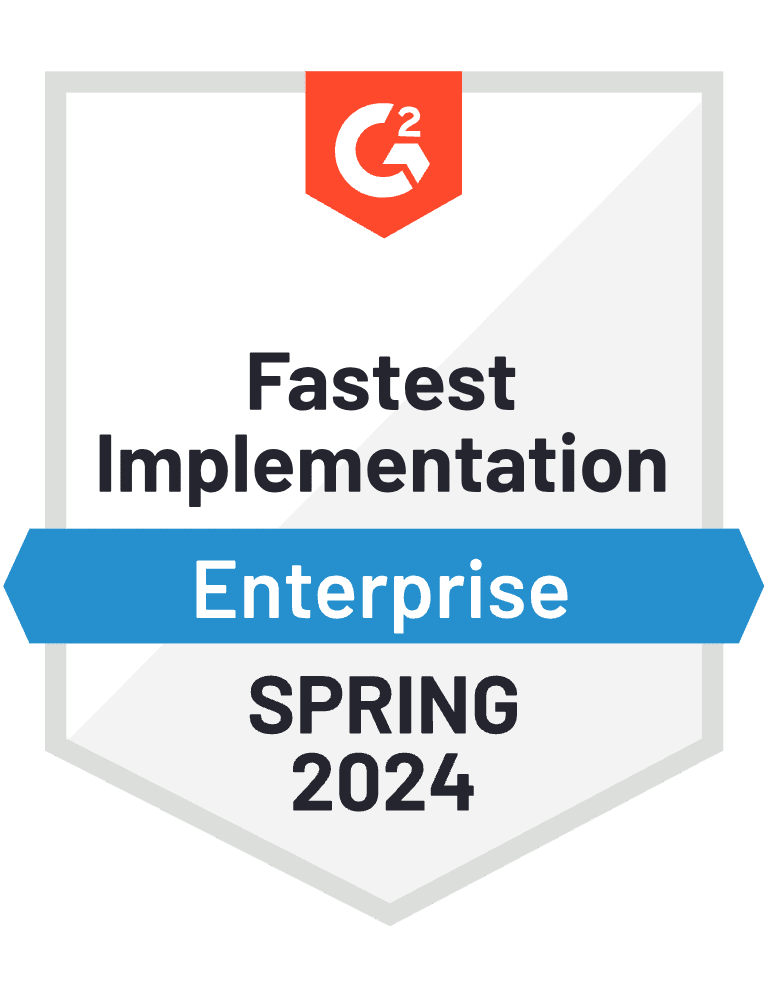Which industries commonly use RFPs and RFI?
Clarity and precision are paramount in modern business. This is where RFPs (Request for Proposals) and RFIs (Request for Information) come into play.
These documents serve as vital communication tools between businesses and potential vendors, ensuring that projects are executed efficiently and effectively.
Understanding RFPs and RFIs
An RFP is a formal document that outlines a company’s specific needs and invites vendors to submit proposals detailing their solution and pricing.
On the other hand, an RFI is a preliminary document that seeks general information about potential vendors’ capabilities, products, or services. While both are crucial, RFPs are more detailed and specific, whereas RFIs are broader and exploratory.
Industries that Commonly Use RFPs
The use of RFPs is widespread across various industries, each with its unique requirements and challenges. By issuing RFPs, these sectors aim to find the most suitable partners, ensuring that projects align with their goals and deliver maximum value.
Government
Governments have a social responsibility to ensure that public funds are utilized efficiently. RFPs in this sector are crucial in maintaining transparency and achieving the best outcomes for the community.
- Public Projects: Governments often issue RFPs for public projects such as parks, community centers, and public transportation systems. These RFPs detail the scope, budget, and expected outcomes, ensuring that the project aligns with the community’s needs.
- Infrastructure Development: From highways to bridges, governments use RFPs to select contractors who can deliver quality infrastructure on time and within budget.
- Goods and Services Procurement: Governments require a myriad of goods and services, from office supplies to IT solutions. RFPs ensure that they get the best value for taxpayers’ money.
Healthcare
The healthcare sector is a complex web of services, equipment, and technology, all aimed at ensuring patient well-being. RFPs in this industry ensure that institutions can procure the best resources to provide top-tier care.
- Medical Equipment Procurement: Hospitals and clinics issue RFPs to acquire state-of-the-art medical equipment, ensuring patient care is top-notch.
- Health IT Solutions: With the rise of telemedicine and electronic health records in recent years, RFPs guide institutions in selecting the best software and IT services.
- Research and Development: RFPs are also used to seek partners for medical research, drug development, and clinical trials.
Information Technology (IT):
In the rapidly evolving world of IT, staying updated with the latest technologies is paramount. RFPs guide businesses in finding the right tech solutions, ensuring they remain competitive and efficient.
- Software Development: Companies issue RFPs to find software developers who can create bespoke solutions tailored to their needs.
- IT Infrastructure: From cloud solutions to on-premises servers, RFPs help businesses find the best IT infrastructure providers.
- Cybersecurity: As cyber threats grow, businesses use RFPs to find experts who can fortify their digital defenses.
Construction
The construction industry is the backbone of urban development. Through RFPs, businesses can ensure that structures are not only aesthetically pleasing but also safe, durable, and sustainable.
- Building Projects: RFPs detail the scope, design, and materials needed, ensuring that contractors understand the project’s intricacies.
- Vendor and Contractor Selection: RFPs help in vetting and selecting vendors who supply raw materials and contractors who bring the vision to life.
- Sustainability Initiatives: With green building becoming a trend, RFPs are used to find experts in sustainable construction.
Education
Education shapes the future, and thus, institutions must have the best resources, be it in terms of curriculum, technology, or infrastructure. RFPs guide educational bodies in achieving this mission.
- Curriculum Development: Educational institutions issue RFPs to find experts who can revamp or create curricula.
- E-learning Solutions: With online education booming, RFPs guide institutions in selecting platforms and tools that enhance virtual learning.
- Infrastructure and Facility Projects: From building new classrooms to upgrading labs, RFPs ensure projects meet educational standards.
Telecommunications
In our interconnected world, telecommunications act as the lifelines. RFPs in this sector ensure that services are seamless, fast, and reliable, connecting people and businesses like never before.
- Network Solutions: Telecom companies use RFPs to upgrade their networks, ensuring faster and more reliable connectivity.
- Equipment Procurement: RFPs guide the purchase of routers, towers, and other essential equipment.
- Service Provider Selection: For services like cloud storage or content delivery, RFPs help in choosing the best providers.
Industries that Commonly Use RFIs
RFIs serve as the preliminary step in the procurement process, allowing businesses to gather essential information before diving deep. Various industries utilize RFIs to understand the market landscape, vet potential partners, and lay the groundwork for future collaborations.
Manufacturing
The manufacturing sector is the heart of production, churning out products that fuel our daily lives. RFIs help manufacturers stay ahead, ensuring they have the best materials, machinery, and partnerships.
- Vendor Selection: Before finalizing vendors for raw materials, RFIs help in understanding their capabilities and track record.
- Equipment and Machinery: RFIs provide insights into the latest machinery, helping manufacturers stay ahead of the curve.
- Supply Chain Management: RFIs are used to gather information about potential logistics and distribution partners.
Real Estate
Real estate is more than just brick and mortar; it’s about creating spaces that resonate. RFIs in this sector provide insights, ensuring that every project is backed by thorough research and the best collaborations.
- Property Development: Developers use RFIs to gauge interest from potential contractors, architects, and suppliers.
- Management Solutions: Property managers issue RFIs to find software and services that streamline operations.
- Market Analysis: Before venturing into new areas, developers use RFIs to gather data on demographics, demand, and competition.
Retail
The retail industry is dynamic, with ever-changing consumer preferences. RFIs guide retailers in navigating this landscape, ensuring they have the right products, vendors, and strategies.
- Product Sourcing: Retailers use RFIs to find new products that resonate with their customer base.
- Vendor Selection: Before forging long-term partnerships, retailers use RFIs to vet potential vendors.
- Expansion Strategies: RFIs help retailers understand new markets, guiding their expansion plans.
Banking and Finance
Money makes the world go round, and the banking and finance sector is at its core. RFIs provide these institutions with the knowledge they need to make informed decisions, be it in investments, technology, or market expansions.
- Financial Software: Banks and financial institutions use RFIs to explore the latest in fintech.
- Market Research: RFIs provide insights into emerging markets, investment opportunities, and economic trends.
- Risk Assessment: Before making significant investments or changes, RFIs help institutions gauge potential risks.
Benefits of Using RFPs and RFIs
RFPs and RFIs serve as guiding lights for businesses looking to get the most out of their procurement processes. These tools not only streamline the process but also ensure that businesses make informed decisions that align with their strategic goals.
By leveraging RFPs and RFIs, organizations can foster transparency, achieve cost efficiencies, and build robust partnerships.
- Best Fit: These documents ensure that businesses find vendors that align perfectly with their project requirements.
- Value for Money: Through competitive bidding, companies can achieve the best pricing.
- Transparency: The process becomes transparent, ensuring all stakeholders are on the same page.
- Risk Mitigation: By understanding vendors better, businesses can mitigate potential risks.
RFPs and RFIs have cemented their place as indispensable tools in the business landscape. By understanding their significance and implementing them effectively, industries can foster better collaborations, achieve cost efficiencies, and ensure project success.






